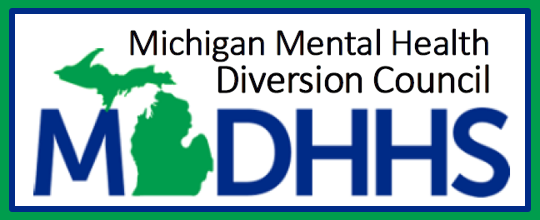Rights of an individual receiving assisted outpatient treatment
One of the biggest misconceptions about AOT is that a person who has an AOT order has no rights, and that’s just not true. An individual with an AOT order has many rights at all stages of the AOT process. They are as follows:
Right to treatment
Individuals with an AOT order have the right to receive mental health treatment, and that treatment cannot be denied. The term ‘appropriate and necessary’ here means that a person cannot be ordered into services that they do not need and are not relevant to that person’s diagnosis or condition.
Right to be involved in treatment decisions
Individuals with an AOT order have the right to participate in decisions regarding their treatment. They should be given information about the proposed treatment, the benefits, and potential risks, and be given the opportunity to provide input and ask questions.
Right to review and appeal
AOT orders are typically subject to periodic review to determine if the criteria for continued treatment are still met. The individual has the right to request a review of their AOT status and may have the opportunity to present evidence, challenge the order, or request modification or termination of the order.
Right to confidentiality
Individuals with an AOT order retain their rights to privacy and confidentiality of their mental health information. However, there may be instances where certain information needs to be shared with the treatment team, or with other involved parties to ensure proper care and safety. HIPPA guidelines state:
HIPAA permits health care providers to disclose to other health providers any protected health information (PHI) contained in the medical record about an individual for treatment, case management, and coordination of care and, with few exceptions, treats mental health information the same as other health information. Some examples of the types of mental health information that may be found in the medical record and are subject to the same HIPAA standards as other protected health information include:
- medication prescription and monitoring
- counseling session start and stop times
- the modalities and frequencies of treatment furnished
- results of clinical tests
Right to legal representation
Individuals being petitioned for mental health treatment have the right to legal representation. The probate court will appoint an attorney for an individual being petitioned, but they are also welcome to hire their own counsel if they so choose.
Right to demand a hearing:
If an individual (or another person in their support network) does not feel that they are getting the treatment that has been ordered, they can demand a hearing from the probate court with the CMH to address the issue.
Right to change service providers:
If an individual is not happy with their service provider, they are welcome to request to change to a different one, within reason, and so long as there is another service provider that has capacity to deliver ordered services.
Right to an independent evaluation
If an individual who is being petitioned for an AOT would like to get an independent psychiatric evaluation instead of being evaluated by the CMH designated psychiatrist, they are welcome to do so. The AOT hearing will be postponed until the independent psychiatric evaluation has been done.
If you would like to find out more about your rights on an AOT order, you can visit this website about mental health policy. If you or someone you know is on an AOT order and you do not feel these rights are being respected you should contact Michigan’s Office of Recipient Rights using their hotline 1-800-854-9090.
